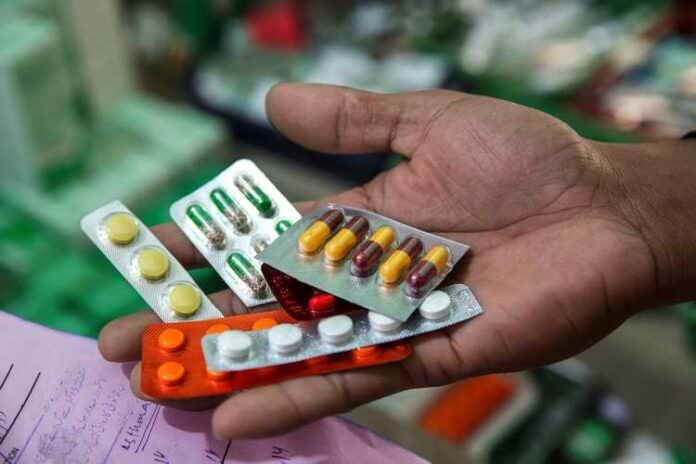
September 21, Colombo (LNW): Health Minister Dr Nalinda Jayatissa has clarified that the ongoing shortage of essential medicines across the country is not the result of a lack of funding, but rather stems from delays and complications in the procurement process.
Speaking at a public function in Ampara, the Minister explained that administrative setbacks within the medical procurement system have led to disruptions in the timely import of pharmaceuticals. He assured that remedial steps have already been taken, with fresh procurement procedures now underway. Deliveries of the much-needed medical supplies are expected to begin arriving from November onwards.
Dr Jayatissa also pointed out that the issue is not confined to public hospitals alone. A number of essential medications have also become scarce in private pharmacies, raising broader concerns about availability in the open market.
Addressing the underlying reasons for the gaps in private sector supply, the Minister emphasised the government’s commitment to maintaining affordability in medicine pricing.
“We do not permit arbitrary pricing during the drug registration process. Instead, we have established a regulated price band that reflects the prevailing market trends within the South Asian region,” he stated.
According to him, certain pharmaceutical companies have opted not to supply medicines after refusing to comply with this pricing framework.
To mitigate the impact of the shortages, the State Pharmaceuticals Corporation (SPC) has been tasked with overseeing the importation process. The Minister reported that between 80 and 85 per cent of the procurement work has already been finalised, suggesting that a resolution may be in sight.
Dr Jayatissa also drew attention to the significant fiscal strain caused by stalled development projects. He noted that 17 major initiatives, which were originally scheduled for completion as far back as 2018, remain unfinished.
“These abandoned projects have already drained Rs. 59 billion from the treasury, and completing them will require an additional Rs. 29 billion,” he said, indicating that the cumulative effect of mismanaged development continues to weigh heavily on public finances.